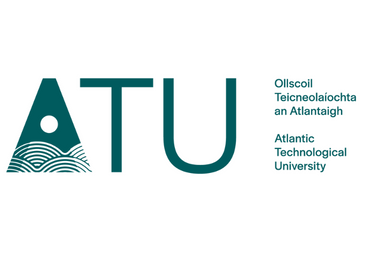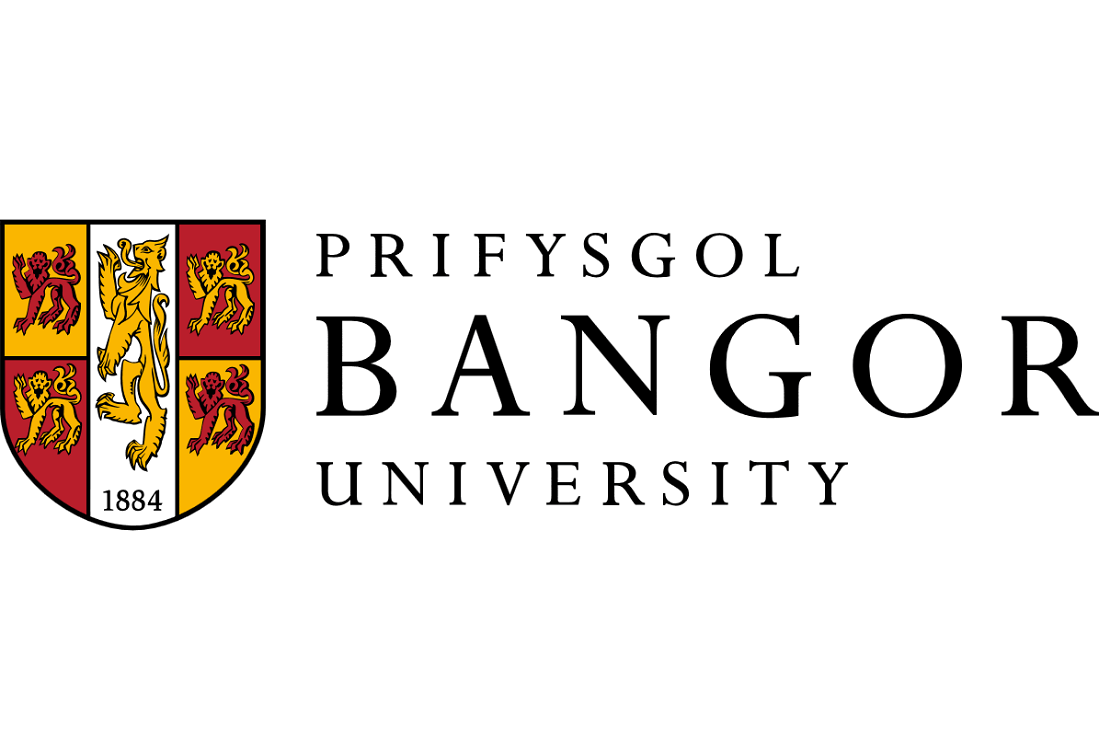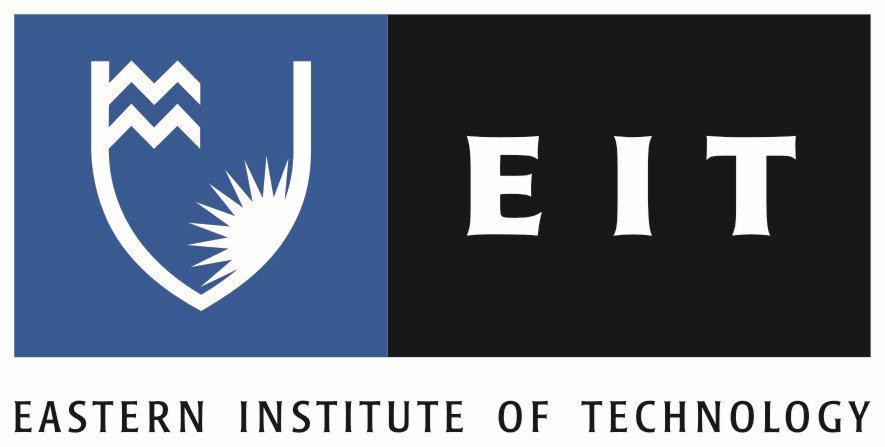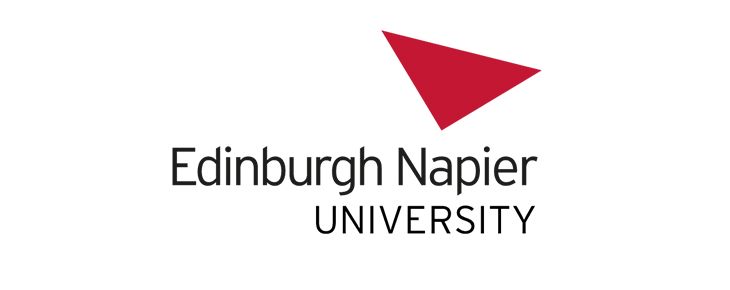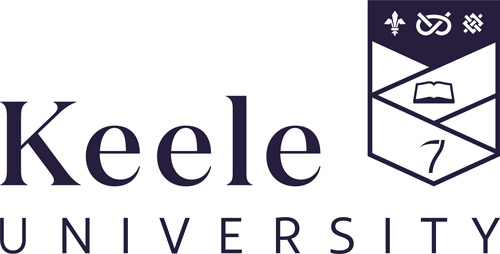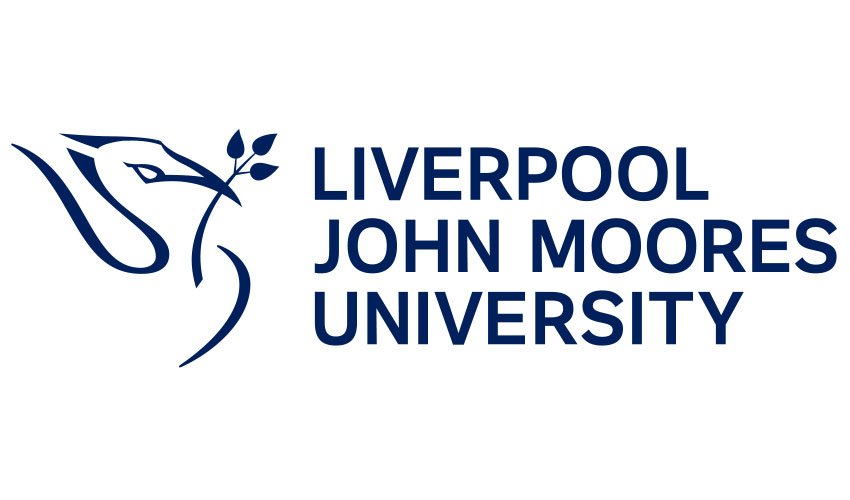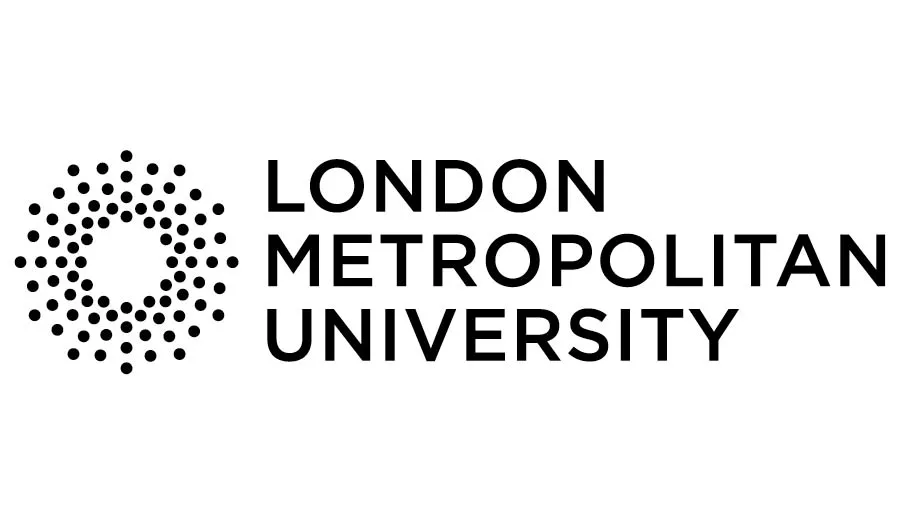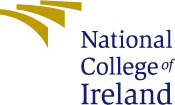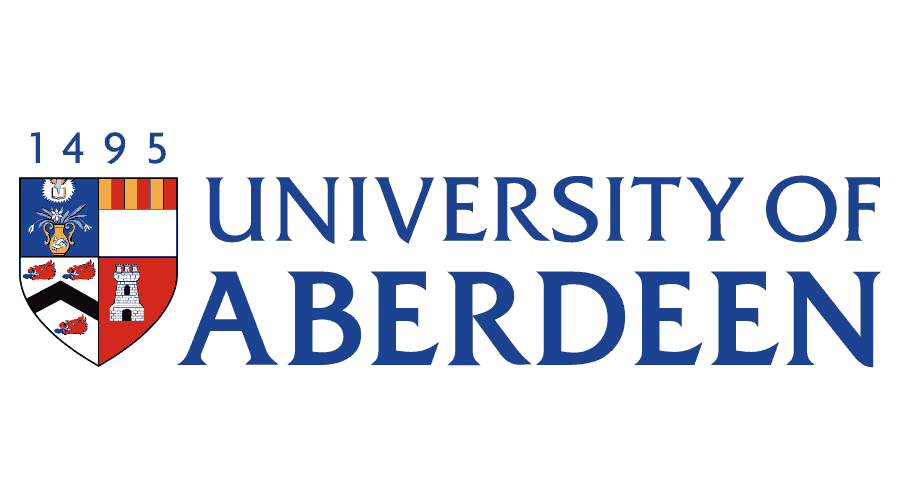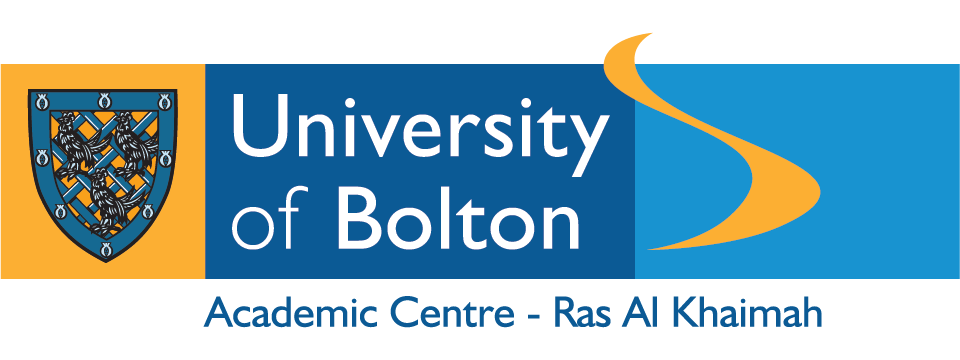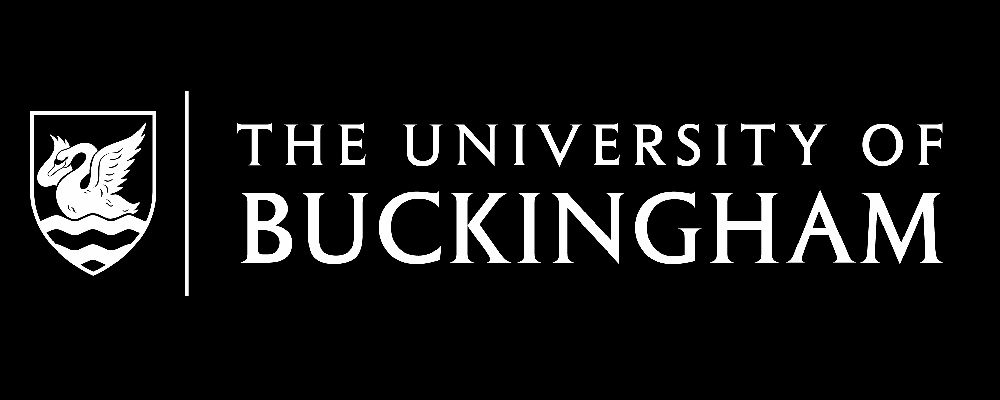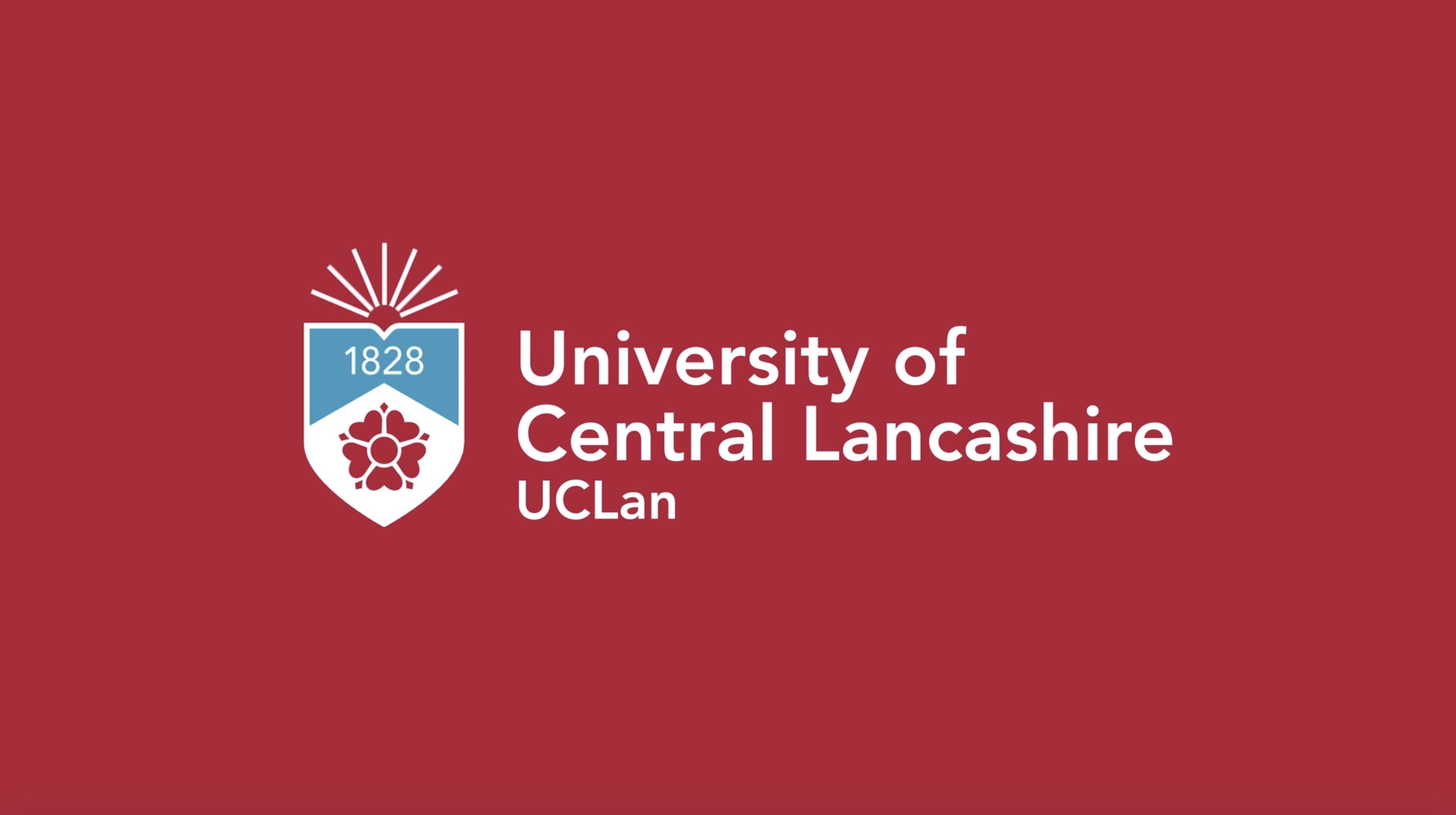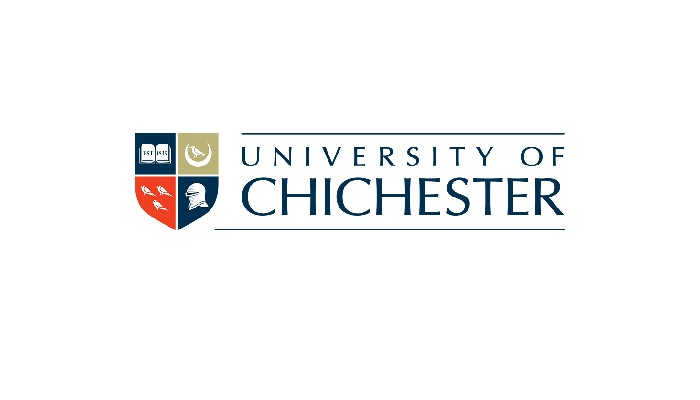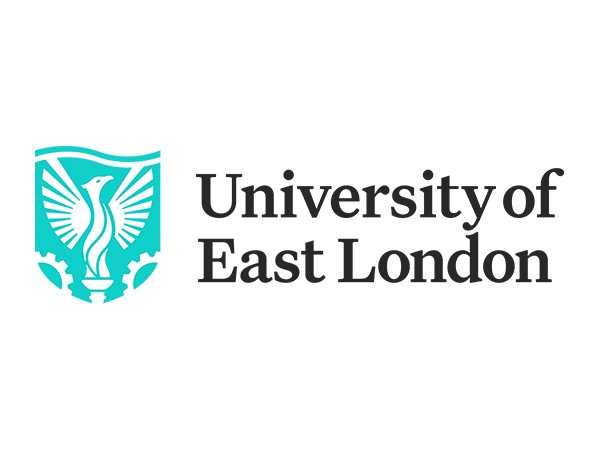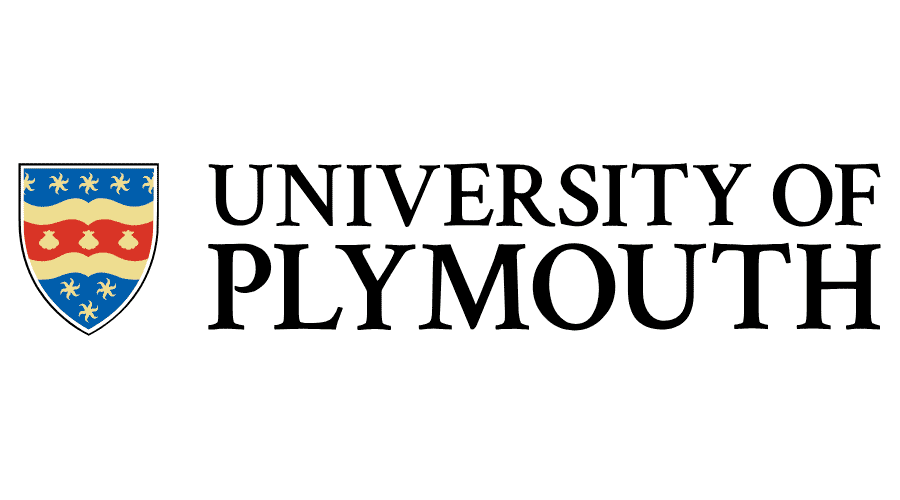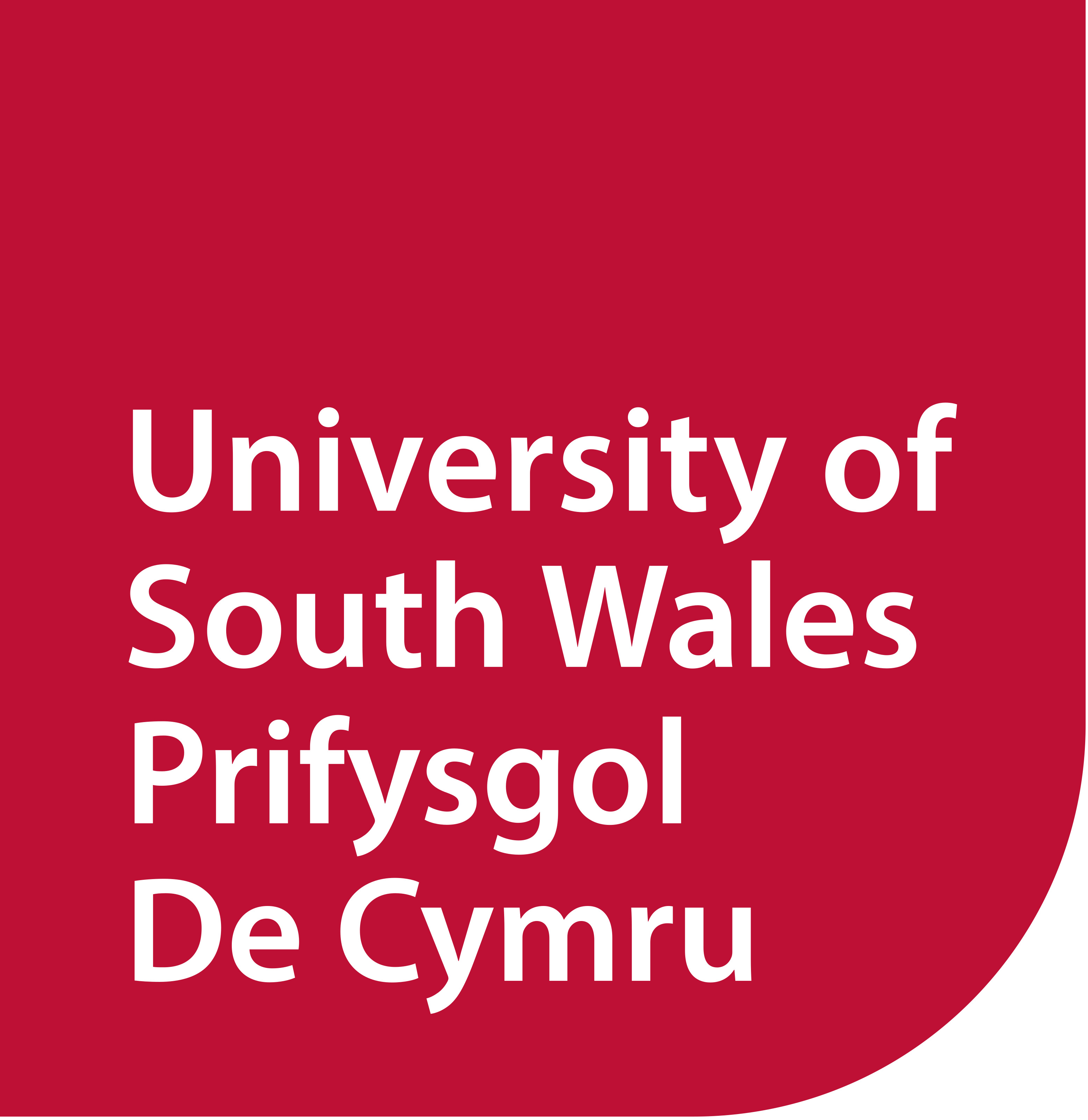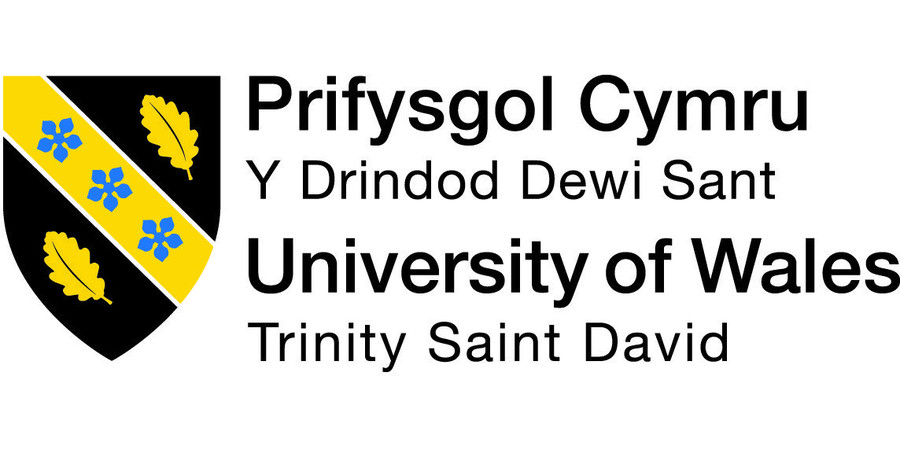Computing: Your Gateway to a Tech-Driven Future
Computing, often referred to as Computer Science, is one of the most dynamic and in-demand fields in today's digital world. For Indian students aspiring to study abroad, pursuing a degree in Computing opens doors to cutting-edge technologies, global opportunities, and innovative careers. Whether you're passionate about software development, artificial intelligence, cybersecurity, or data science, a Computing program equips you with the skills to shape the future of technology. Studying abroad in this field allows you to access world-class education, state-of-the-art facilities, and international networks that can accelerate your professional growth.
India's booming IT sector produces millions of graduates annually, but the global demand for skilled computing professionals far outpaces supply. By studying abroad, you gain exposure to diverse methodologies, research opportunities, and industry collaborations that are often limited in domestic programs. From Silicon Valley's innovation hubs to Europe's research-driven universities, a Computing degree abroad can transform your career trajectory, offering higher salaries, better job security, and the chance to work with leading tech giants like Google, Microsoft, and Amazon.
Why Choose Computing as an Indian Student?
As an Indian student, you bring a unique perspective to Computing, blending strong mathematical foundations with creative problem-solving. Here's why this field is ideal for you:
- High Demand and Employability: The global tech industry is projected to grow by 15% annually, with roles in software engineering, AI, and cloud computing leading the way. Indian graduates with international degrees often secure jobs faster and at premium salaries.
- Interdisciplinary Opportunities: Computing intersects with fields like business, healthcare, and engineering, allowing you to specialize in areas that align with your interests.
- Global Mobility: An abroad degree enhances your resume, making it easier to work in India or internationally. Many programs offer post-study work visas, such as the UK's Graduate Route or Australia's Temporary Graduate Visa.
- Innovation and Research: Access to advanced labs and funding for projects in quantum computing, machine learning, and blockchain—areas where India is catching up but needs global expertise.
- Cultural and Personal Growth: Living abroad hones soft skills like adaptability and communication, essential for tech leadership roles.
With India's young population driving digital transformation, returning home with an international Computing qualification positions you as a leader in startups, fintech, or e-governance initiatives.
Course Structure and Specializations
Computing programs abroad vary by level—Bachelor's (BSc), Master's (MSc), and PhD—but share core modules in programming, algorithms, and systems design. A typical Bachelor's takes 3-4 years, while Master's programs last 1-2 years, focusing on advanced topics.
Core Curriculum:
- Programming Languages (Python, Java, C++)
- Data Structures and Algorithms
- Computer Architecture and Operating Systems
- Database Management and Software Engineering
- Web Development and Mobile Apps
Popular Specializations: Tailor your degree to emerging trends:
- Artificial Intelligence and Machine Learning: Learn to build intelligent systems; ideal for AI roles in healthcare or autonomous vehicles.
- Cybersecurity: Focus on ethical hacking and data protection; crucial amid rising cyber threats.
- Data Science and Analytics: Master big data tools like Hadoop and R; perfect for business intelligence.
- Software Engineering: Emphasize agile methodologies and DevOps for scalable applications.
- Human-Computer Interaction (HCI): Design user-friendly interfaces; bridges tech and design.
Many programs include internships, capstone projects, and industry placements. For instance, a UK MSc in Computing might require a thesis on AI ethics, while a US program could involve hackathons with real-world sponsors.
Top Destinations for Indian Students
Choosing the right country depends on factors like cost, visa ease, and job markets. Here's a comparison of popular destinations:
| Country | Top Universities | Average Tuition (per year, INR) | Post-Study Work Visa | Why for Indians? |
|---|---|---|---|---|
| USA | MIT, Stanford, Carnegie Mellon | 25-40 lakhs | OPT (up to 3 years for STEM) | Hub for tech innovation; strong alumni networks in India. |
| UK | Imperial College, University of Edinburgh, UCL | 15-25 lakhs | Graduate Route (2 years) | Short programs; scholarships like Chevening for Indians. |
| Canada | University of Toronto, UBC, Waterloo | 12-20 lakhs | PGWP (up to 3 years) | Welcoming immigration policies; growing tech scene in Toronto. |
| Australia | University of Melbourne, UNSW, Monash | 18-30 lakhs | Temporary Graduate Visa (2-4 years) | High quality of life; focus on practical skills. |
| Germany | Technical University of Munich, RWTH Aachen | 0-5 lakhs (public unis) | 18-month job search visa | Low-cost education; English-taught programs. |
Indian students flock to these countries due to English-medium instruction, cultural diversity, and robust support systems. For example, over 1.3 lakh Indians studied in the US in 2023, many in Computing.
Eligibility and Admission Requirements
Gaining admission requires careful preparation. Most programs seek strong academic backgrounds and technical aptitude.
For Bachelor's:
- 12th standard with 75%+ in PCM (Physics, Chemistry, Math)
- Entrance exams: SAT/ACT (US), or direct applications (UK/Canada)
- English proficiency: IELTS (6.5+) or TOEFL (80+)
For Master's:
- Bachelor's in Computing/related field with 60%+ GPA
- GRE (for US programs, optional elsewhere)
- Statement of Purpose (SOP) highlighting your projects or internships
- Letters of Recommendation (2-3)
Indian students should highlight achievements like coding competitions (e.g., Hackathons) or certifications (e.g., AWS, Cisco). Deadlines vary: US fall intake (Sept) applications close in January; UK January intake in October.
Career Prospects and Salary Expectations
A Computing degree abroad catapults you into lucrative careers. Entry-level roles include Software Developer, Data Analyst, or Network Engineer.
Global Job Roles and Salaries (Annual, USD):
- Software Engineer: $80,000 - $120,000
- AI Specialist: $100,000 - $150,000
- Cybersecurity Analyst: $90,000 - $130,000
- Data Scientist: $95,000 - $140,000
In India, returnees from abroad earn 20-50% more, with averages of ₹10-25 lakhs starting salary at firms like Infosys, TCS, or startups in Bangalore's tech corridor. Long-term, you could lead teams at FAANG companies or launch your own venture, leveraging networks from abroad.
The field evolves rapidly—skills in emerging tech like IoT and VR ensure lifelong employability. Many graduates pursue MBAs or PhDs for executive roles.
Scholarships and Financial Aid for Indian Students
Studying abroad can be expensive, but scholarships ease the burden. Target these options:
- Fulbright-Nehru (USA): Covers tuition and living for Master's; merit-based for Indians.
- Chevening Scholarships (UK): Full funding for outstanding leaders; focuses on tech innovation.
- Vanier Canada Graduate Scholarships: CAD 50,000/year for research in Computing.
- DAAD Scholarships (Germany): €934/month stipend; ideal for low-cost studies.
- University-Specific: MIT's fellowships or Imperial's India Excellence Scholarships (up to £10,000).
Additionally, education loans from Indian banks like SBI (up to ₹1.5 crore at 9-11% interest) and part-time jobs (20 hours/week allowed on student visas) help manage costs. Living expenses range from ₹8-15 lakhs/year, depending on the city.
Application Tips and Next Steps
To succeed, start early—research 6-12 months in advance.
- Build Your Profile: Gain experience via online courses (Coursera, edX) or internships.
- Prepare Documents: Craft a compelling SOP; get transcripts evaluated (e.g., WES for Canada).
- Visa Guidance: For US F-1, UK Tier 4—prove funds and intent to return. Indian students have high approval rates (80%+).
- Seek Support: Use platforms like Studyportals or consultancies familiar with Indian applicants.
- Network: Join LinkedIn groups for Indian alumni in Computing abroad.
Embarking on a Computing journey abroad is an investment in your future. With dedication, you'll not only master technology but also contribute to India's digital revolution. Explore programs today and take the first step towards global success!



